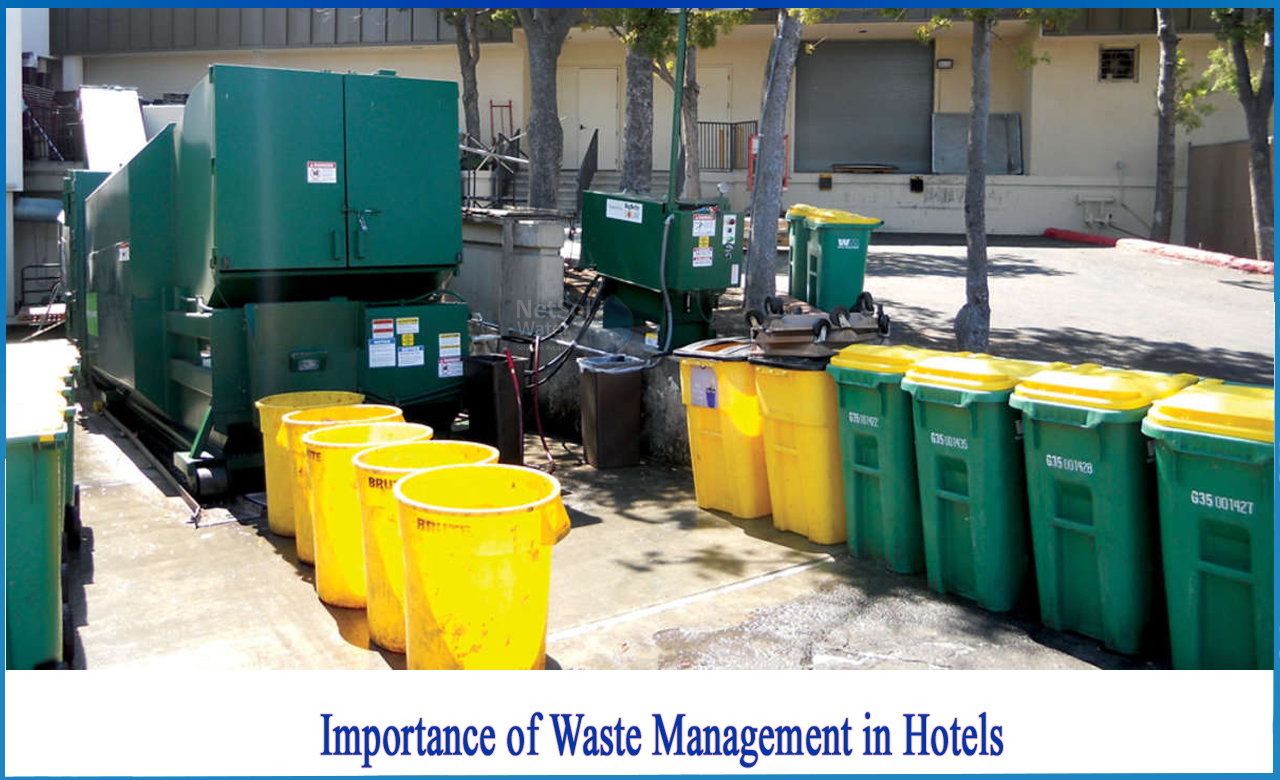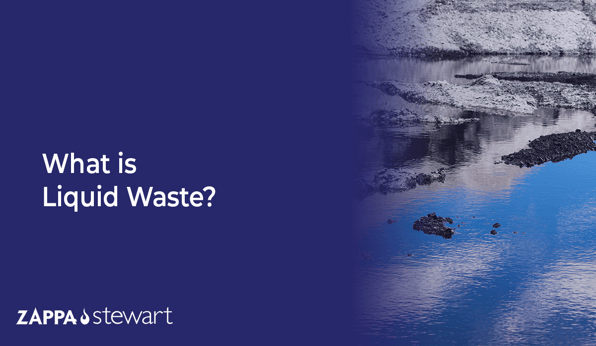The Single Strategy To Use For Reclaim Waste
The Facts About Reclaim Waste Uncovered
Table of ContentsThe Reclaim Waste IdeasThe 6-Minute Rule for Reclaim WasteThe 6-Minute Rule for Reclaim WasteUnknown Facts About Reclaim WasteGetting My Reclaim Waste To Work
Check out the kinds, incidents, and types of fluid waste. Domestic sewage waste refers to the waste and products from a household septic tank. This kind of waste is produced by human beings in residences, institutions, and various other structures. This only includes septic containers that have a drain area. The appropriate administration and disposal of domestic sewer waste require fluid waste to be transferred to a sewage treatment plant where the correct methods and devices are put on cleanse and dispose of waste.
Commercial waste commonly consists of potential risks, such as combustible products or a combination of liquid and solid waste products, and needs an advanced and comprehensive disposal procedure. The disposal of business waste normally entails the filtration of waste before transportation to make sure risk-free and correct disposal. Hazardous waste is created from results and overflow of industrial processes and production.
This type of waste can not utilize the very same sewer monitoring transport or procedures as septic or business fluids. The commercial waste monitoring procedure needs the assessment and screening of fluid waste before it goes through the disposal process (liquid waste disposal). Drainage waste is the fluid waste that comes from overflow and excess stormwater in highly populated areas or cities
Drainage waste can create contamination and flooding otherwise managed effectively. Find out a lot more regarding drain cleaning and waste management. Ensuring correct waste monitoring can stop catastrophes and decrease ecological damage. Both people in property settings and professionals in business or production industries can profit from understanding the processes and regulations of fluid waste administration.
Reclaim Waste - The Facts
Call PROS Solutions today to find out about our waste monitoring and disposal solutions and the proper ways to look after the liquid waste you create.
(https://penzu.com/p/1f225eb6893bd9aa)This supposed 'wastewater' is not only a crucial source but, after therapy, will certainly be released to our land, waterways or the sea. Made use of water from toilets, showers, bathrooms, kitchen sinks, laundries and industrial processes is understood as wastewater.

water browse around this site utilized to cool down machinery or clean plant and tools). Stormwater, a form of wastewater, is overflow that moves from farming and urban locations such as roofs, parks, gardens, roadways, courses and gutters into stormwater drains pipes, after rainfall. Stormwater moves without treatment straight to neighborhood creeks or rivers, eventually reaching the ocean.
The Of Reclaim Waste
In Queensland, the majority of wastewater is dealt with at sewer treatment plants. Wastewater is transported from residential or industrial sites via a system of sewage systems and pump terminals, understood as sewerage reticulation, to a sewer therapy plant.
The Department of Natural Resources recommends city governments concerning handling, operating and preserving sewage systems and therapy plants. In unsewered areas, local federal governments might need householders to mount private or household sewer therapy systems to treat residential wastewater from bathrooms, kitchens, bathrooms and washings. The Department of Natural Resources authorizes using home systems when they are confirmed to be efficient.
In some brand-new subdivisions, therapy of some stormwater to remove trash, sand and crushed rock has started using gross contaminant catches. Wastewater treatment happens in 4 stages: Eliminates strong issue.
Wastewater after that moves into big containers where solids settle and are eliminated as sludge. Oil and scum are skimmed from the surface. Makes use of little living organisms called micro-organisms to damage down and remove staying liquified wastes and great particles. Micro-organisms and wastes are integrated in the sludge. Gets rid of nitrogen and phosphorus nutrients that can cause algal flowers in our rivers and threaten aquatic life.
Everything about Reclaim Waste
Nutrient removal is not available at all sewage therapy plants due to the fact that it calls for pricey specialized tools. It is ending up being extra usual in Queensland. Clear liquid effluent created after treatment may still contain disease-causing micro-organisms. If this effluent is released into rivers such as rivers or the sea, the micro-organisms will eventually die out.

This generally indicates wastewater has to be treated or contaminants gotten rid of prior to it can be discharged to waterways. The majority of wastewater streams into the sewage system. Under the Act, city governments provide authorizations and licences for environmentally pertinent activities (Periods) including wastewater releases that could have a local influence. The department carries out approvals and permits to Ages entailing wastewater releases that could have a regional or statewide influence.
Indicators on Reclaim Waste You Should Know
Otherwise, samples are considered research laboratory analysis. Typically several examinations are required to develop the degrees of each of the various pollutants such as oils, heavy metals and pesticides in water. Tracking supplies valid details about water quality and can confirm that licence conditions are being met. The details gotten through monitoring provides the basis for making water quality decisions.